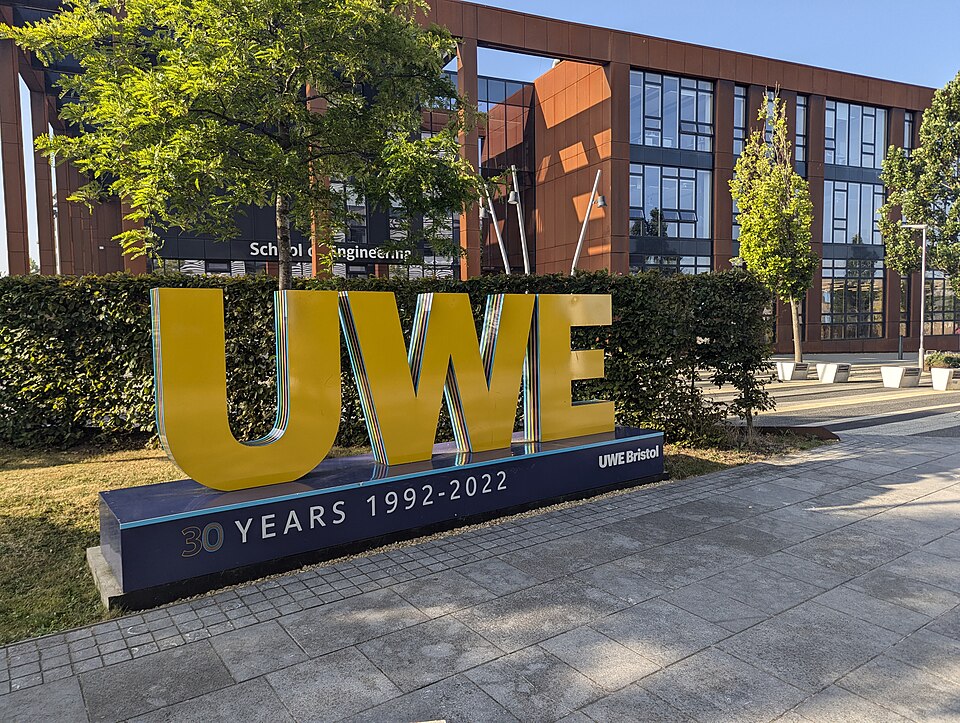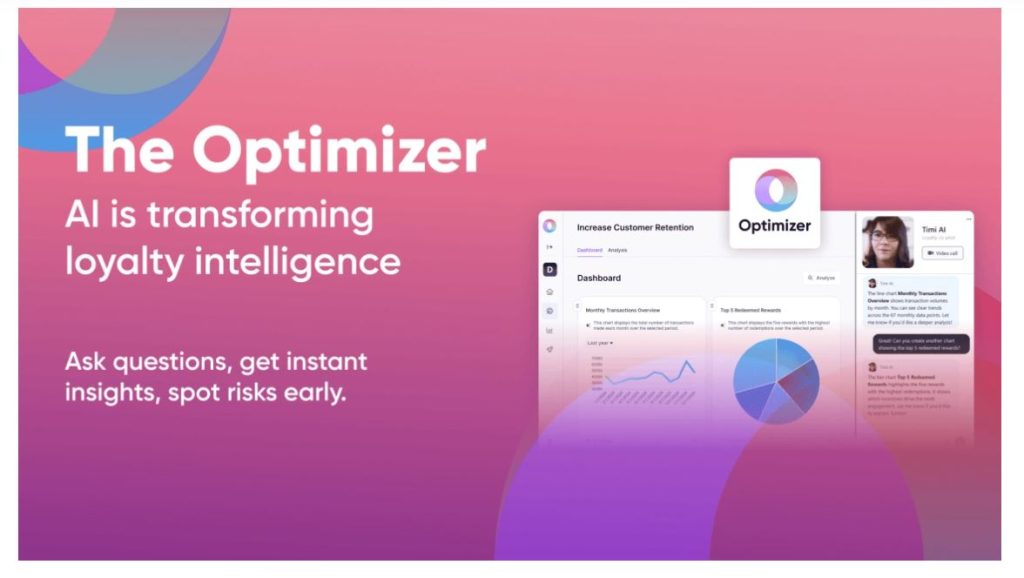Researchers at UWE Bristol have secured new funding from UK Research and Innovation (UKRI) to advance their AI-based technology for analysing brain activity, aiming to bring it closer to use within the NHS and other clinical settings.
The project, titled MED-SHED, is one of 48 across the UK to receive backing through UKRI’s Proof of Concept programme. This initiative supports researchers in translating academic breakthroughs into practical applications that can improve lives.
Led by Dr David Western, the UWE Bristol team has developed AI models that can interpret brain signals recorded through electroencephalography (EEG) with accuracy comparable to, or exceeding, that of human experts.
EEG is a well-established, non-invasive method used to monitor and diagnose conditions such as epilepsy, sleep disorders, and brain injuries. However, there remains a shortage of trained interpreters in the UK, with variation in human interpretation and the complexity of EEG data often limiting its clinical use. This workforce issue was previously flagged by the Association of British Neurologists in 2020.
“This project is timely given the growing societal burden of neurological conditions, the documented interpreter shortage, the rapid advancements in AI, and the increasing focus on responsible AI development and secure health data environments,” said Dr Western.
“By focusing on validation and establishing a trustworthy route to market, this project will de-risk the clinical translation of our innovative AI technology.”
The UWE Bristol team has tested its system using the most widely used clinical EEG research dataset, where it performed on par with, or better than, human experts. The project now aims to move towards real-world validation using NHS data, with the long-term goal of establishing a Community Interest Company (CIC) or other social enterprise structure to ensure public benefit, transparency and accountability.
The research has the potential to improve the speed and reliability of diagnosis, particularly in time-critical or resource-limited environments such as intensive care units. Automating parts of EEG interpretation could also address existing capacity challenges and extend access to monitoring in areas currently underserved.
“These projects are a powerful demonstration of the UK’s talent for turning cutting-edge research into real-world solutions,” said Professor Charlotte Deane, Research Commercialisation Executive Champion at UKRI.
“From health and sustainability to quantum and creative technologies, they reflect the extraordinary breadth of innovation being nurtured across the UK’s research base.
UKRI’s new proof of concept programme is all about helping researchers take that critical next step toward commercialisation, ensuring that bold ideas are not just published but put into practice where they can deliver tangible impact.
I’m excited to see how these diverse and dynamic projects progress.”
Science Minister Lord Vallance added:
“UK universities are renowned for world-class research, but we must do more to encourage and support the experts behind it to bring their discoveries to market – building companies, driving growth and helping to improve people’s lives.
From simpler ways of diagnosing illnesses to AI tools plotting accessible routes, we are giving promising projects the early support that can help them get off the ground, benefitting us all and growing our economy.”
Image source is Wikipedia









